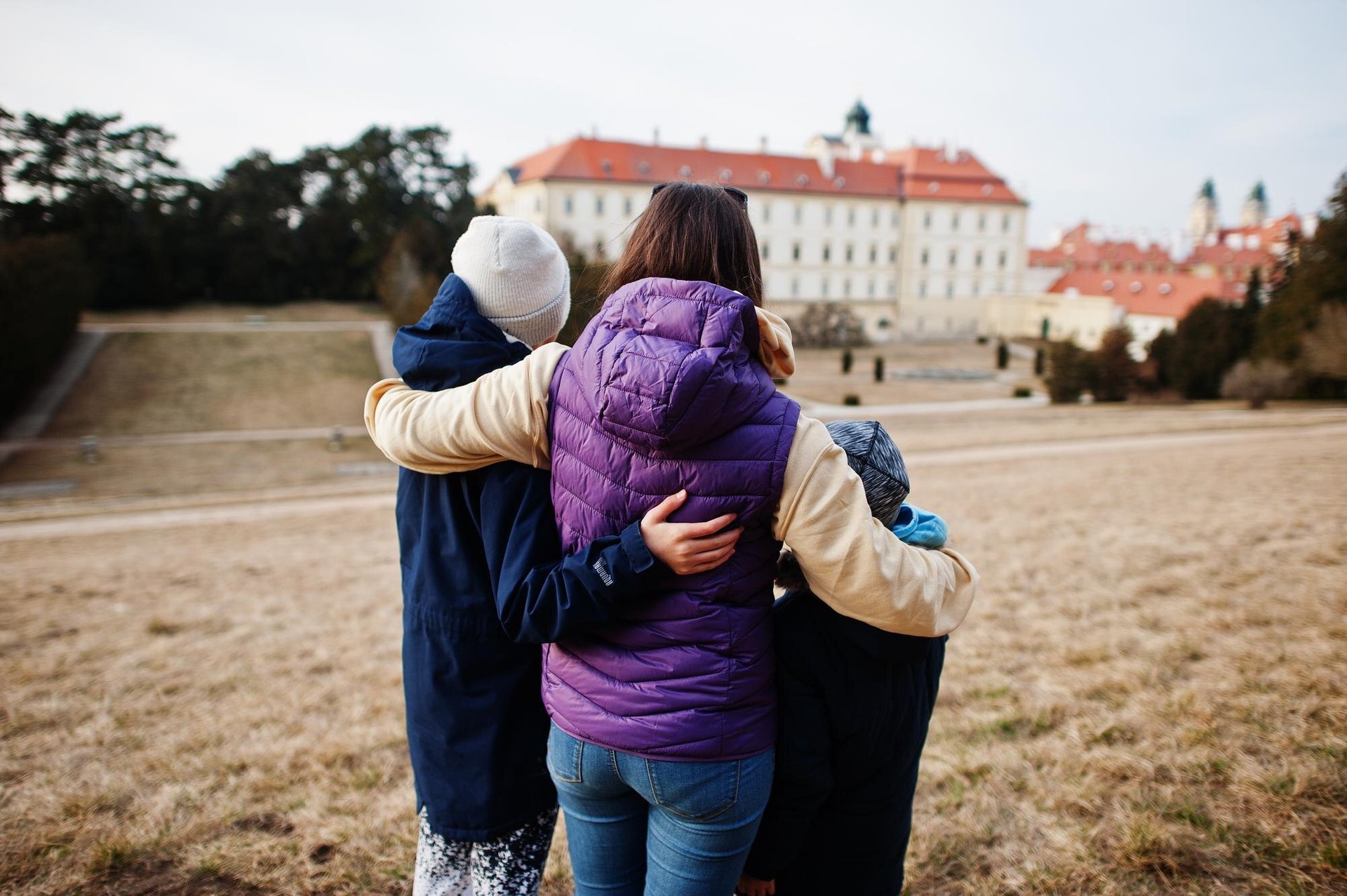Migrating and Parenting: A Double Challenge
Mayuri Mendoza
10/24/20242 min read

Migrating and Parenting: A Double Challenge
How to Navigate Parenting Across Languages, Cultures, and Absences
Migrating and Parenting: A Double Challenge
Migration isn’t just about packing bags and starting over.
For those of us who are parents, it also means reinventing the way we raise our children.
Our kids aren’t just exposed to a new language and culture—they often adapt to it much faster than we do.
The result? Parents and children living in different worlds under the same roof.
1. Cultural gap between parents and children
One of the first challenges is the culture clash.
While children adjust quickly to a new school environment, new ways of socializing, and even a new language, parents may remain in a longer phase of transition.
This creates a gap that can make communication difficult and lead to conflict:
"Why do you want to do that? That’s not how we do it back home."
2. Guilt and migration grief
Many parents feel guilt for taking their children away from their familiar environment or for not being able to provide the same emotional or financial stability as before.
On top of that comes migration grief: we silently mourn what we’ve left behind, even as we smile for our children.
This emotional rollercoaster can affect our patience, our presence, and our connection with them.
3. Lack of support networks
In our home countries, grandma, the neighbor, or an aunt could help with childcare while we worked.
Here, everything becomes more difficult. Parenting can feel isolating—especially without nearby relatives or if the local community doesn’t speak our language.
4. Language and system barriers
When we don’t speak the language well, schools, healthcare systems, and social services can feel like a maze.
Sometimes, our children become our translators, reversing roles and placing unnecessary pressure on their development.
5. The double identity of our children
Our kids grow up between two worlds: home and society. Many try to fit in—even if that means denying their roots.
As parents, we want them to integrate, but without losing their identity. This tension can create confusion, rebellion, or insecurity in them… and frustration in us.
🧩 How can we better support our children through this process?
Listen without judgment:
Our children are living a reality we never experienced.
Validating their emotions is the first step toward connection.
Keep our roots alive:
Our language, music, family stories, and traditions can be bridges of identity—not barriers.
Seek community:
Joining support groups, churches, community programs, or extracurricular activities can help us feel less alone.
Learn and adapt:
Understanding the system, improving our English, and knowing our family’s rights is empowering.
Take care of ourselves too:
We can’t parent from constant exhaustion.
Taking care of our mental health is part of taking care of our children.
💛 In Conclusion
Raising children in another country is one of the greatest acts of courage and love.
While we face unique challenges, we also have the opportunity to raise resilient, bicultural children who are proud of their story.
We are not alone on this path.
Migration doesn’t erase our abilities as parents—it simply asks us to transform them.
